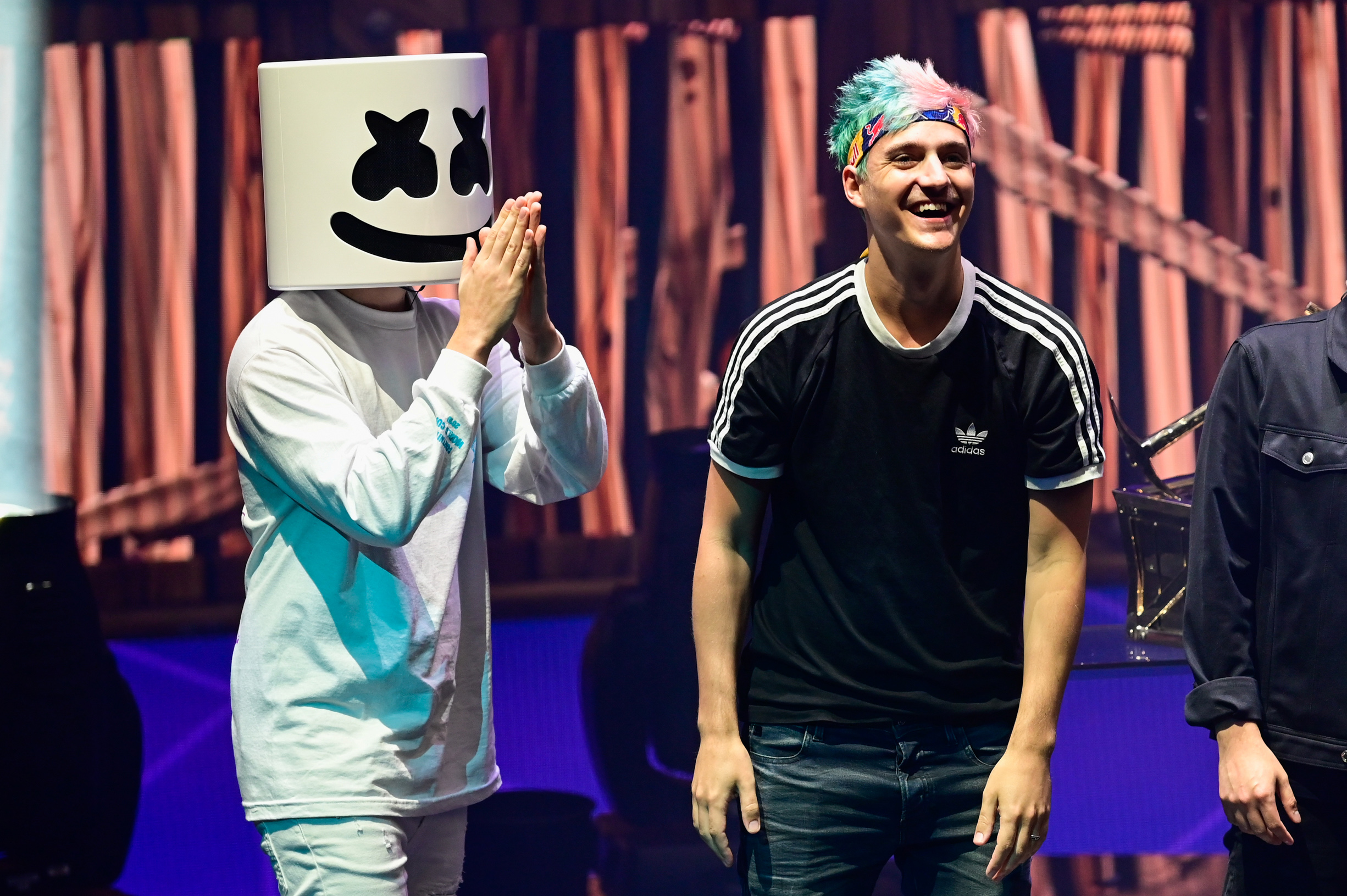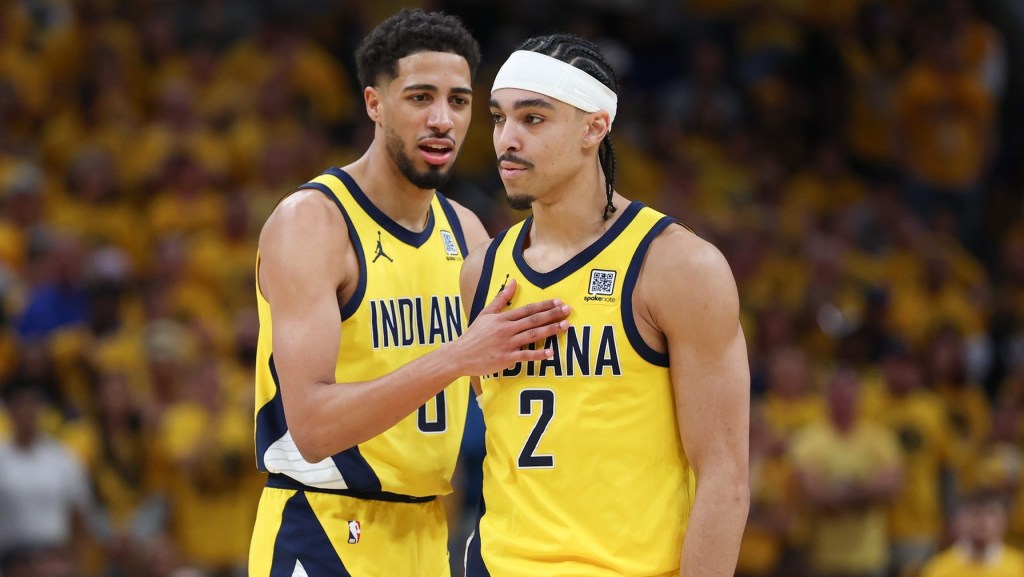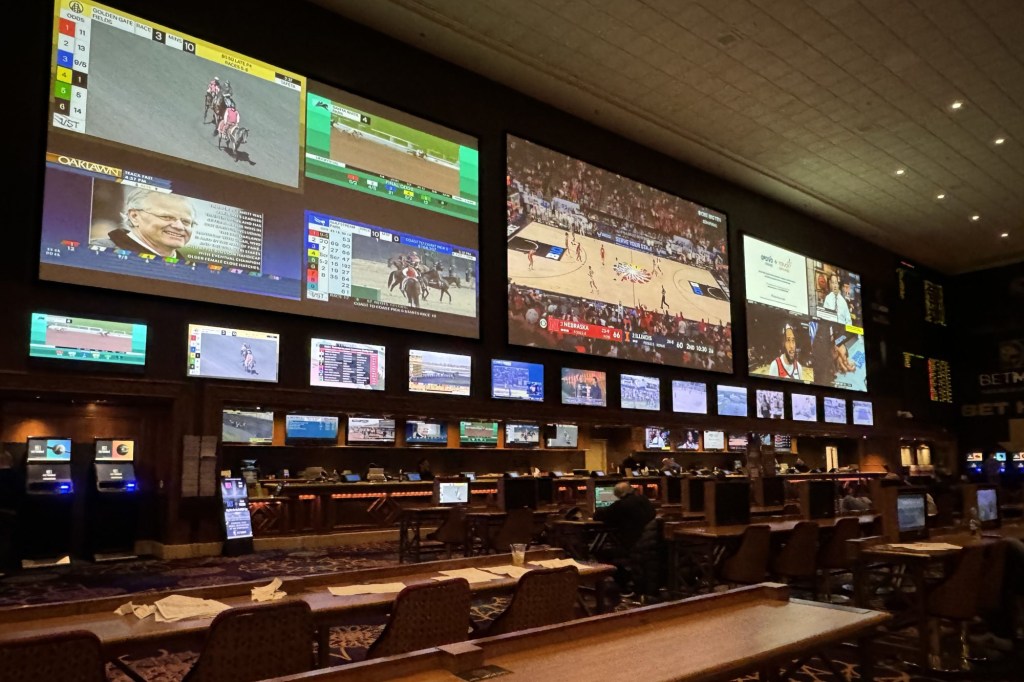A few years ago, Washington Post assignment editor/producer Mike Hume was hanging with a former colleague from ESPN talking about the growth of esports.
What if the daily newspaper launched an esports section, thought Hume. And covered it with the same determination and smarts that’s won the paper 47 Pulitzer prizes?
Three years later, Hume’s brainstorm has become a reality. On October 15, the Post will roll out Launcher, a new subsection of the sports department devoted to video games, esports competitions and gaming culture.
The esports industry is expected to surpass the $1 billion mark in revenue for the first time in 2019. With a youthful audience in the advertiser-coveted 18-34-year-old age group, esports is attracting new players like the Post.
“It’s a very new-age dynamic. But (gaming) to a degree has replaced the weekend card game or the weekend golf match,” Hume said in an interview. “It’s a way for good friends to keep in touch thousands of miles away. Old college roommates. Old high school friends. It’s perfect for that.”
Hume, who joined the Post in 2014, will serve as Launcher’s first editor. His staff will include editor Mikhail Klimentov, reporters Gene Park and Elise Favis, video producer Jhaan Elker, and art director Joseph Moore.
Launcher has been in the planning stages for two years, Hume said.
The spark that put it over the top was a story by Park about a new EA video game called Star Wars: Battlefront II in November 2017.
His story broke down the controversy over whether a new “loot box” system promoted gambling.
Park wrote it from the perspective of somebody who plays and appreciates video games. The gaming community loved it.
Now that story is a template for what Hume hopes to deliver in the future.
“It really took off for us. It was one of the most-read articles on the entire web site for us at the time,” Hume said. “That’s what convinced me that, “OK, if you do this the right way, if you treat the audience with respect, if you speak to them knowledgeably and bring something of value to the conversation, you can succeed.’ That’s what we’re going to try to do going forward.”
Even if you don’t play video games, the gaming culture has penetrated sports and pop culture, he noted.
Many pro athletes play video games religiously. They’re up on all the latest games and gear and reference them frequently in their social media posts.
“You have a lot of pro athletes who have grown up on video games, who will bring their gaming systems with them when they travel, who will spend considerable time in their hotel rooms playing them while they are traveling for road trips,” said Hume.
“That too is gaming culture. They’re going to put their headsets on, call their friends back home who are thousands of miles away, team up and play online. That’s how they’re communing. That’s how they’re socializing.”
Even things like the latest kids’ dances are not coming from junior proms, according to Hume. They’re doing dances that were put into games like Fortnite, he added.
“It just resonates. If you didn’t know what video games were, if you didn’t know what Fortnite was, you’d be like, ‘What is going on out there?’ But if you understand the game, it makes total sense,” said Hume.
READ MORE: Dignitas Looks To Level Up With Capital Raise, New Parent Company
The esports business has attracted big-name investors from the traditional sports world in recent years, including Michael Jordan, Dallas Mavericks owner Mark Cuban and New England Patriots owner Robert Kraft.
The global market is predicted to grow 26.7% to $1.1 billion in revenue this year, according to a study by Newzoo. It could hit $1.8 billion by 2021.
Around 82% of total revenue, or $897.2 million, will be generated by media rights deals, advertising, and sponsorship.
Even better, esports boasts a youthful audience that stick and ball leagues with aging audiences drool over.
Roughly 79% of viewers are under 35 years, according to Goldman Sachs. The industry’s monthly global audience on platforms like YouTube and Twitch is expected to grow to 276 million by 2022 from 167 million in 2018.
How’s this for a bold prediction? Newzoo’s Senior Market Analyst Jurre Pannekeet predicted esports will help gaming grow into a bigger industry than traditional pro sports.
“Gaming as a whole (including esports) is already on track to become a bigger industry than traditional professional sports,” wrote Pannekeet. “We expect that the global games market will generate revenues of $180.1 billion by 2021, and esports will be a major driver of this.”
READ MORE: Complexity Gaming Finds Home In GameStop Performance Center
The Post’s new Launcher new section will include:
-Feature stories on how gaming is pushing its way into the forefront of pop culture.
-Updates on the latest gaming trends, such as the expansion of esports leagues, streaming, and in-game economies.
-Coverage of the industry’s top leagues and events that now fill arenas nationwide.
-Tips from pro gamers on titles ranging from Zelda to Fortnite.
-Reviews of the biggest game titles.





![[Subscription Customers Only] Jul 13, 2025; East Rutherford, New Jersey, USA; Chelsea FC midfielder Cole Palmer (10) celebrates winning the final of the 2025 FIFA Club World Cup at MetLife Stadium](https://frontofficesports.com/wp-content/uploads/2026/02/USATSI_26636703-scaled-e1770932227605.jpg?quality=100&w=1024)











